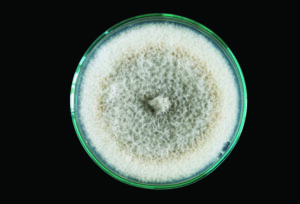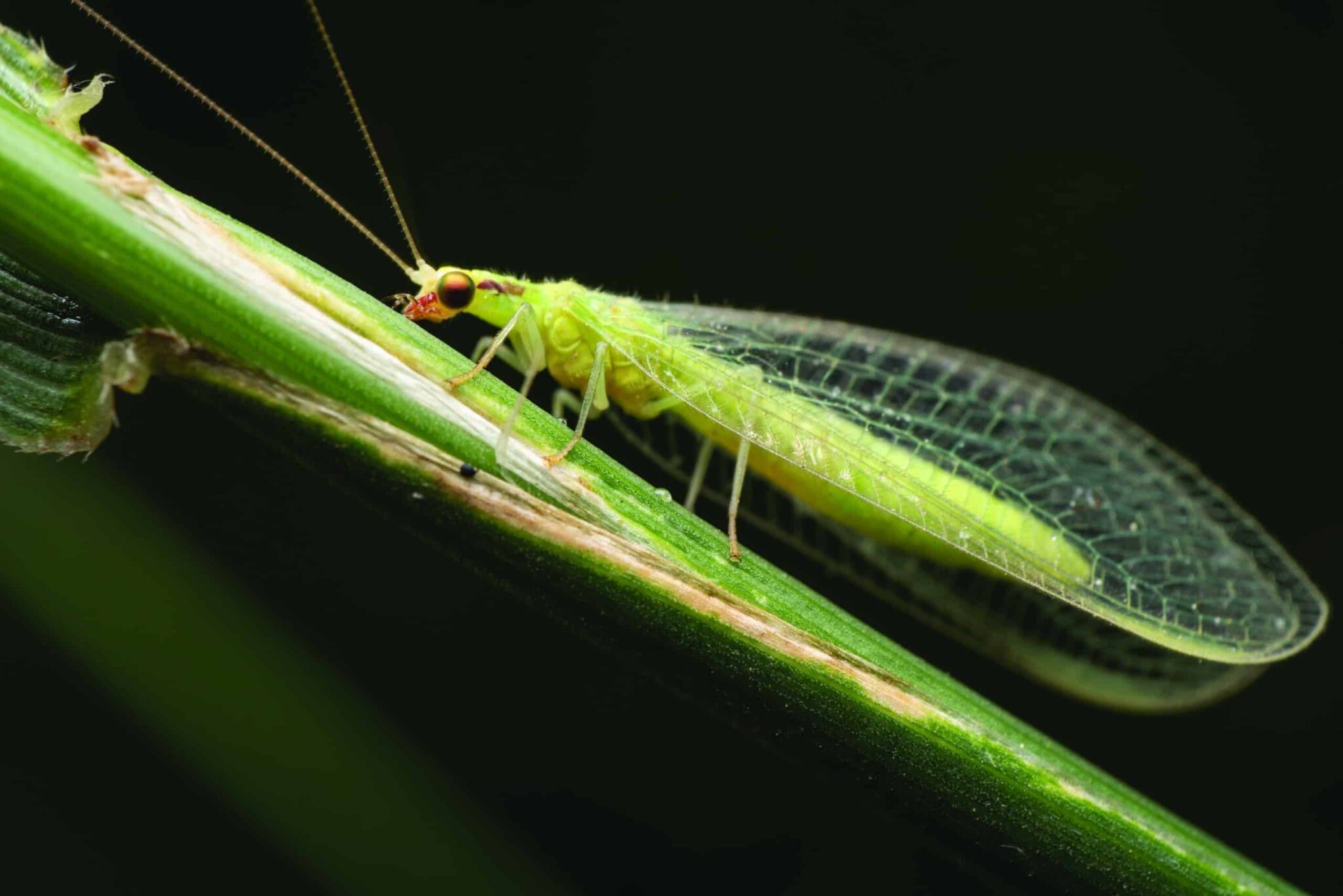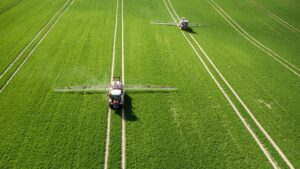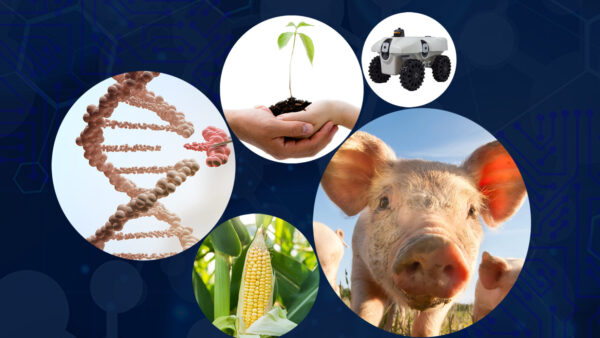Read part one.
European Seed (ES): Can you share some biocontrol success stories?
Isabelle Pinzauti Babrzyński (IPB): Nowadays, biological control is widely used in greenhouses, and frequently used outdoors in specialty crops such as orchards, vegetables and vines. Increasingly we have successful examples of biological control used in arable crops which is a more challenging environment of course, because it is a monoculture. But still a lot of farmers are already using it successfully.
For instance, there is the example of a French farmer who uses biological control in his arable crops —wheat, barley, sugar beet, maize. He is using several biocontrol solutions, and he has been able to keep the same yield, while reducing pesticide costs. The labour costs increased a bit to apply the products manually, but this can in turn also be reduced by the use of drones.
Another example is the use of pheromones to control the striped rice stem borer in rice in a nature reserve in Spain. Since 2006 this pest has been fully controlled by disrupting its mating. This is done in an area of over 16,000 ha. and this has avoided the use of 58,000 liters of synthetic insecticides each year. The control of the pest has allowed the farmer to continue with their rice cultivation in an area which has been declared a natural reserve. In addition, it is also important for tourism in the region.

Also, in the Czech Republic there has been some good success the use of the Cydia pomonella granulosis virus (CpGV) to control the codling moth in apple. For use in baby food, it is important to have residue free apple production. It turns out that CpGV is highly effective and selective, without any non-target effects, nor rapid pest resistance. So, this makes the use of the granulose virus an indispensable tool in fighting this pest. The yield is a bit lower, but the financial reliability and the income stabilization is guaranteed. So, he was able to keep the high value market segment of baby food.
More examples of successful IPM programmes with Biocontrol in Action are available at: www.ibmabiocontrolsuccess.org
ES: What is IBMA’s position on the EU’s Green Deal?
Jennifer Lewis (JL): We fully support the objectives of the Green Deal, which are key to green industries like the biocontrol industry. In particular, we support the transition to more agroecological practices, which require alternatives such as biological control. In our view it is not only agriculture that needs to be sustainable, but the whole food system.
ES: The proposal for the revision of the Sustainable Use Directive (SUD) is on the table. What do you think of the current proposal?
IPB: First of all, IBMA fully supports the goal of the SUD of achieving the sustainable use of pesticides by promoting the use of integrated pest management (IPM). But to be effective, there must be mandatory full implementation of IPM based on a holistic hierarchical approach.
In addition, it was no secret that the sustainable use directive was not implemented everywhere in Europe, and that some work needed to be done on that. So, we welcomed the idea to revise the SUD and to finally have a regulation, which is much stronger. We really hope that this new regulation will see the light as soon as possible. Because the clock is ticking, and climate change doesn’t wait. Food security and sustainability go hand in hand. If we want to ensure world food security in the medium term, we need to implement the regulation as soon as possible.
JL: More specifically, regarding biological control, we welcome the EU definition, that includes the four types of biocontrol which are identical to nature. We consider it important to include all natural substances of biological origin to ensure that more than plant extracts are available to farmers to control pests and diseases. In addition, we also support more training for advisors to help the farmers in their transition and support for the farmers themselves.
We also need to have a fast-track approval procedure for biological control products, because at the moment, it takes between seven and 10 years to register a biological control solution. And that is too long, not only for the manufacturers, but also to reach the 2030 goals of the Green Deal and the Farm to Fork strategy. Furthermore, this long process is longer than any other country in the world, creating a poor return on investment for innovative companies, making the EU market less attractive than competitor nations such as the U.S. One simple solution is to reinstate provisional authorization for biocontrol. A provisional approval could be granted after an acceptable member state safety evaluation. This would allow farmers access to the biological alternatives to chemical pesticides, while the remainder of the EU process, that verifies the initial safety evaluation, is undertaken.













